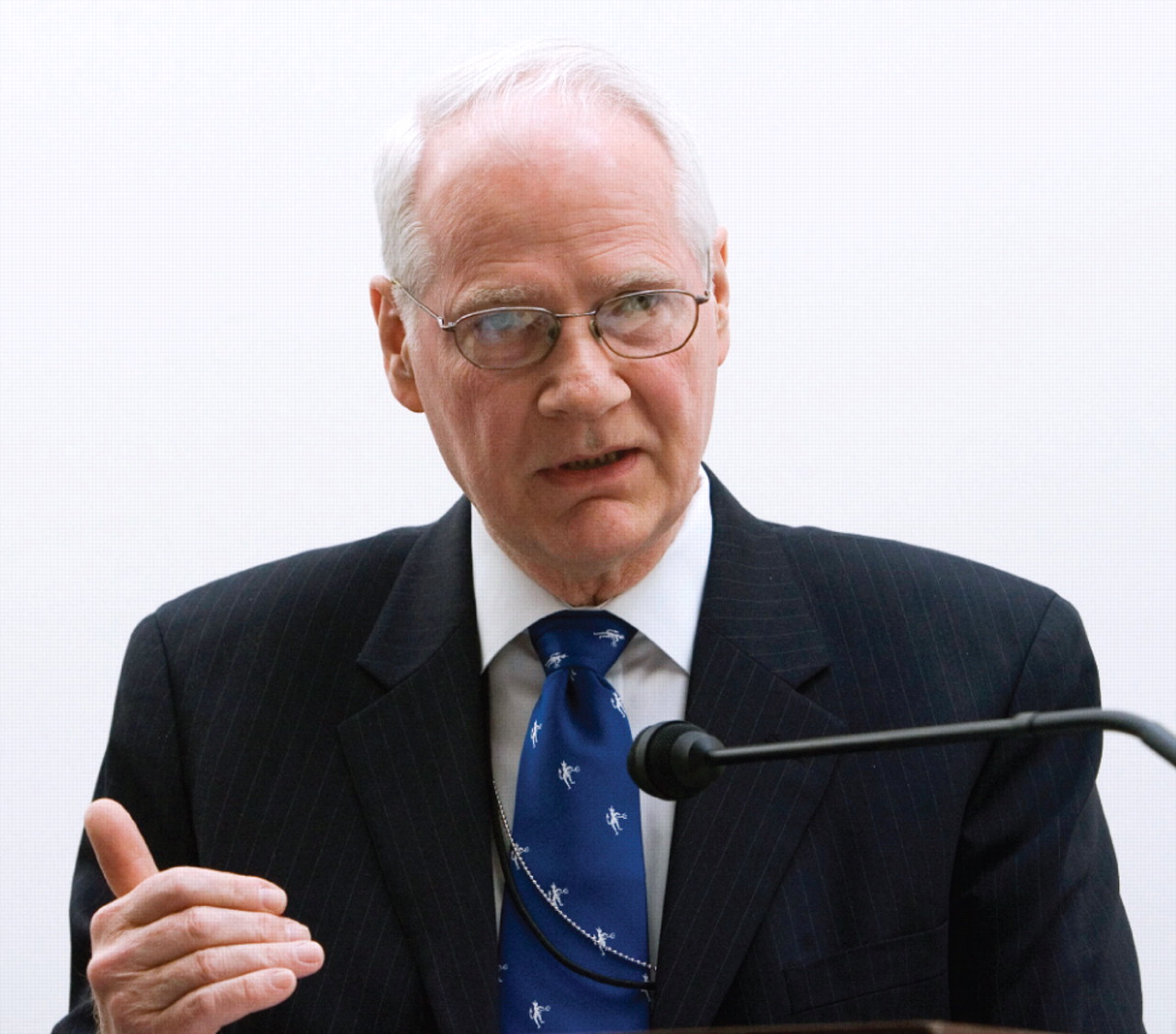Mental health advocacy groups have stepped up pressure on Congress to alter Medicare rules for outpatient mental health care, which require higher copayments than for other illnesses.
The effort, led by the Mental Health Medicare Equity Coalition—to which APA belongs—would phase down the 50 percent coinsurance rate for outpatient mental health services to 20 percent.
While legislation (S 1715 and HR 1571) to make that change has been introduced in Congress, there has been little movement on it. Another bill, the Children's Health and Medicare Protection (CHAMP) Act (HR 3162), includes a provision to make the change effective by the beginning of 2009. That bill passed the House in August 2007 but has stalled in the Senate.
Medicare's disparity between payments for mental health and other types of care “reflects an outdated benefit design, based on outdated thinking,” said then APA President Carolyn Robinowitz, M.D., at a briefing for congressional staff in April.
The two-tiered policy dates from Medicare's introduction in 1965, before the arrival of effective drug treatments and psychotherapy that can be provided in more cost-effective outpatient settings. Medicare's unequal copayment places an artificial emphasis on more-expensive inpatient psychiatric care, mental health advocates pointed out.
For example, the Substance Abuse and Mental Health Services Administration (SAMHSA) analyzed Medicare's payment structure in 2002 and concluded that Medicaid beneficiaries are more likely than those on Medicare to receive mental health and substance abuse treatment in outpatient facilities, while Medicare beneficiaries were more likely to receive such care as inpatients.
Medicare's payment structure has contributed to undertreatment of beneficiaries with alcohol and substance use problems, said Ron Mandersheid, Ph.D., director of mental health and substance use programs at Constella Group, a health care consulting firm. A growing body of research shows that substance use problems and other mental illnesses occur at a higher rate in the elderly population than in the general population, while the rate at which they receive treatment for these disorders is well below the national average.
To illustrate the consequences of Medicare's discriminatory policy, David Shern, Ph.D., president and CEO of Mental Health America, highlighted at the briefing the compounding cost of untreated mental illness through recent statistics compiled by Aetna using a 250,000-adult sample from its own claims information. The company found that annual health care costs for Medicare beneficiaries with chronic conditions were frequently twice as high when beneficiaries also had depression.
Robert Roca, M.D., M.P.H., vice president and medical director of Sheppard Pratt Health System in Maryland, said he sees many Medicare beneficiaries in his psychiatry practice in danger of decompensation because they cannot afford frequent-enough office visits to allow him to monitor their illnesses carefully.
“The result is an avoidably increased risk of hospitalization,” Roca said.
Advocates of the Medicare reimbursement change said evidence that increased hospitalization of people needing psychiatric care is occurring is found in a 2007 Agency for Healthcare Research and Quality report titled “Care of Adults With Mental Health and Substance Abuse Disorders in U.S. Community Hospitals 2004.” This study found that 25 percent of adult hospital stays involved a serious mental illness or substance use disorder. The report also found that Medicare paid for about half of those hospitalizations.
The long-sought change in the way Medicare pays for mental health care has broad support in Congress but has stalled this year primarily due to cost concerns, according to congressional staff. The Congressional Budget Office's (CBO) estimate that legislation implementing an immediate change would cost $3.3 billion over the first three years has drawn criticism that the change is too expensive to enact. Legislation that would gradually phase in the equal benefit would cost less: $600 million over the first five years.
Mandersheid, a former chief of mental health statistics and informatics at SAMHSA, questioned those estimates because they ignore the likely cost offset the bill would produce by reducing use of expensive inpatient services as the use of less-expensive outpatient services increased. The likely reduction in the use of inpatient mental health care that would result from the availability of less expensive outpatient care probably would be big enough to offset the cost of the change, he said.
The challenge, congressional staff told Psychiatric News, is that congressional budget rules require them to find offsets in the federal budget for the CBO's cost estimate of the change. Further complicating matters is that mental health advocates in Congress are split over whether to focus their political capital on a push for equalizing Medicare's copayment for mental illness treatment or enacting broad mental health parity legislation (HR 1424 and S 558) this year (Psychiatric News, March 21).
Ending Medicare's higher copayment requirement also has the backing of the Medicare Payment Advisory Commission, AARP, the AMA, and others.
The text of the Medicare coinsurance bills can be accessed at<http://thomas.loc.gov> by searching on the bill numbers, HR 1571, S 1715, and HR 3162>.▪


